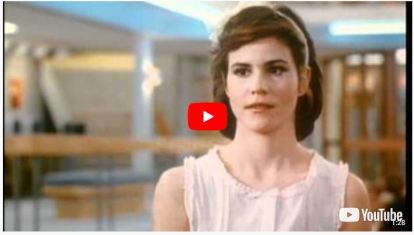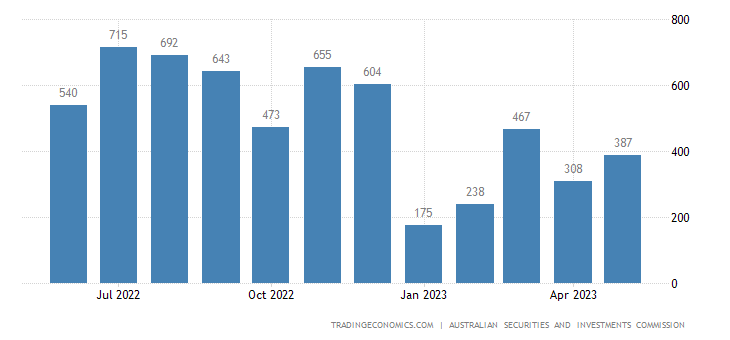The ‘black’ list keeps growing? sounds racist to me – Mick Raven
On a recent Sunday, I would’ve given my kingdom for a soft couch and Stealing Beauty. The adolescent nostalgia from 1996 would be Xanax for my soul: Liv Tyler in a floral sundress, resplendent in this lush vision of artmaking and sexual awakening under the Tuscan sun.
But then, my friend piped up, “We’re not allowed to watch that. It’s Bernardo Bertolucci, remember?”
The Italian auteur, best known for The Last Tango in Paris, is yet another male genius in the #MeToo lineup. Actress Maria Schneider disclosed that she “felt raped” in the film’s infamous butter scene, which the director and star Marlon Brando sprang on her mid-take.
Brando won an Oscar for “playing” a perpetrator, but Bertolucci ruled Schneider’s pain and terror needed to be bonafide.
My friend’s quip was half in jest, but it’s a moral conundrum that any cognizant cinephile has been grappling with since time immemorial.
Birth of a Nation, widely credited with ushering in the modern cinema, celebrates the Klu Klux Klan.
Hitchcock continues to routinely top critics’ Greatest Film of All Time polls, despite being an alleged sexual predator whose playbook reads uncannily like Harvey Weinstein’s.
The black list keeps growing
Criticism 101 insists we separate creator from creation — that art is not thinly veiled autobiography. But now Hollywood’s Great Men are being felled at a faster rate than ever, they’re often shedding unflattering light on Great Art, too.
How do we appreciate, say the ingenious montage of Psycho’s shower scene, while also acknowledging that on and off-screen Hitchcock’s blondes all get punished in the end?
This week, debates reignited with Molly Ringwald’s New Yorker essay about rewatching The Breakfast Club with her 10-year-old daughter.
Ringwald became a star in John Hughes’ 1985 teen film, but today she finds herself recoiling from the casual sexual harassment and homophobia in his work.
Still, Ringwald remains proud of this unprecedented depiction of teenagers as sentient beings.
“How are we meant to feel about art that we both love and oppose?” Ringwald asks. “What if we are in the unusual position of having helped create it?”
Consuming any art from the past requires such a doublethink, and not just the disturbing racial politics of the 1939 plantation epic Gone With The Wind or miscegenation melodrama Guess Who’s Coming to Dinner? or the racial stereotyping Apu in The Simpsons.
Returning to standout teen films of the ’90s and ’00s that came in John Hughes’ wake, we can find countless examples to wring our hands over.
Rewatching the 1995 Emma adaptation Clueless with adult eyes, you realise that ex-stepbrother Josh — who proclaims himself the archetypal woke guy, listening to Radiohead and contemplating environmental law — is a college student who seduces a 16-year-old by mercilessly negging her as a “superficial space cadet”.
When Cher finally realises her crush Christian is gay, her friends wonder why Christian’s love of shopping wasn’t a red flag all along.
And in 10 Things I Hate About You, the 1999 teen flick based on The Taming of the Shrew, it’s pretty uncomfortable watching the outspoken feminist deigned a “heinous bitch” who must be wooed and tamed through men’s wiles.
Yet like Clueless, it remains charming, and completely self-aware about the genre’s conventions.
Independent cinema isn’t safe either. When Larry Clark made his debut feature Kids in 1995, a controversial portrait of teen nihilism in the midst of the AIDs crisis, Clark was 52.
Now in his 70s, Clark’s once-challenging vision grows increasingly disquieting as his transgressive teenagers have stayed the same age, most recently in 2014’s The Smell of Us.
French film Blue is the Warmest Colour was initially lauded as a complex lesbian coming-of-age story on release in 2013.
What seemed intimate and bravely carnal depictions of this relationship, grew sinister with the knowledge that stars Lea Seydoux and Adele Exarchopoulos felt violated by Abdellatif Kechiche’s direction in sex scenes.
Watching it now, you can’t help but feel complicit in the camera’s lingering gaze.
Keep your eye open
Equating all these offences is dangerous territory. A line of painfully dated dialogue or a poorly conceived female character is not the same as Weinstein’s systematic sexual and psychological abuses.
But when we dig into the annals of cinema, a medium that’s always straddled art and commerce, we’d be hard-pressed to find relics that come up clean. Consign marred movies to history’s dustbin and we wouldn’t have much left.
Until cinema catches up with changing attitudes, audiences will continue to do what they’ve always done — to shift their identifications, to read against the grain, to find viewing pleasure wherever they can.
I only saw Last Tango in Paris and Manhattan once, and both made me feel icky. But when I long for Stealing Beauty, it’s not for Bertolucci’s gaze but for Liv Tyler’s subtle resistance; I refuse to give up the unforgettable women of Annie Hall or Hannah and her Sisters.
In the end, my friend and I settled on watching Summer of Sam, Spike Lee’s take on the sweltering summer when the .44 calibre killer was terrorising New York.
Even here, the female characters revolve around men, mostly wives and girlfriends of a bunch of wannabe mobsters, but it’s Mira Sorvino’s performance that shines. (For all the ground Spike Lee broke for black representation, women have never been his strong suit.)
I found myself mourning all the films Sorvino never starred in after being tarred by Weinstein’s brush.
Like it or not, these stories are inextricably intertwined with cinema history, just as they are with the world it claims to represent. All I can do is keep my eyes open, and keep talking.







































































The Thought Police cometh – Mick Raven
LikeLike